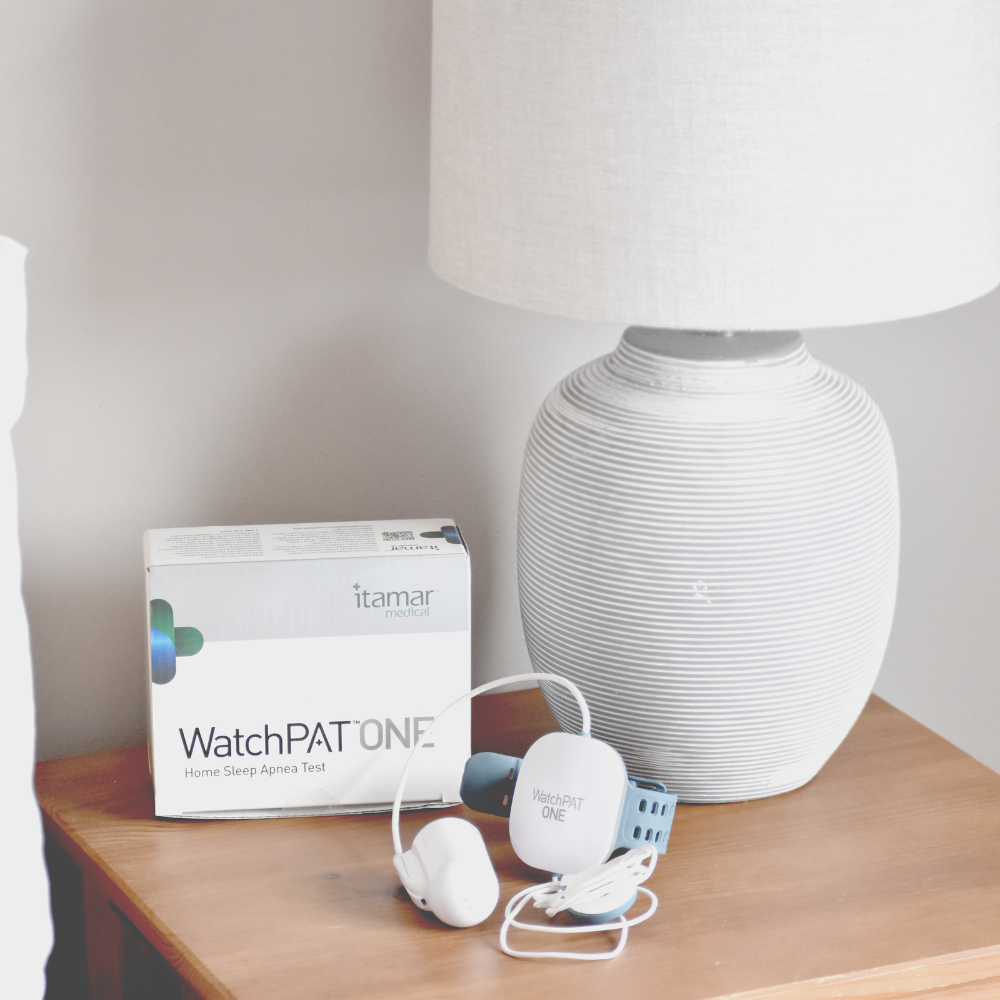Fact Checked
Intus Healthcare’s writers, customer service team, and sleep experts review and ensure this information is accurate.
Last updated on March 28th, 2025 at 01:25 pm
It may be common knowledge that drinking too much alcohol harms your health.
49% Of adults in the UK consume alcohol at least once a week, and many people with alcohol-related health issues are not alcoholics.
The NHS recommends drinking no more than 14 units of alcohol per week (equivalent to six 175ml glasses of wine or six pints of 4% beer)(1).
Alcohol can have a significant impact on sleep. While alcohol can initially make a person feel drowsy and help them fall asleep faster, it can disrupt the quality and quantity of sleep later in the night.
Table of Contents
Alcohol and Sleep: How does alcohol affect sleep?
Your sleep cycle is disrupted when you drink more than six units of alcohol in one night. This is because alcohol has a sedative effect, depriving you of energy and causing you to become tired or ‘sluggish’ throughout the day. Alcohol slows down brain activity, changing mood and self-control because it is a central nervous system depressant.
Each individual reacts differently to excessive alcohol consumption, so you could wonder how much alcohol can affect sleep?
- Consuming a high amount of alcohol per night (more than two drinks for a male and more than one for a female) will decrease your sleep quality by 39.2%.
- Did you know alcohol dehydrates the human body? It is advised to drink eight 8-ounce glasses of water a day. Dehydration can increase your chances of kidney disease – ensure you drink water regularly to avoid dehydration.
- Not getting enough sleep will also increase your dehydration levels.
It’s important to note that the effects of alcohol on sleep can vary depending on the amount of alcohol consumed, individual differences in metabolism and tolerance, and other factors such as age and gender. However, in general, it’s recommended to avoid drinking alcohol close to bedtime to promote better quality sleep.
Alcohol and Sleep Apnoea
Additionally, alcohol can cause a person to wake up more frequently during the night, leading to a feeling of restless or disturbed sleep. It can also increase the likelihood of snoring and Obstructive Sleep Apnoea (OSA), which can further disrupt sleep. Additionally, alcohol consumption can lead to dehydration, which can further aggravate the symptoms of Sleep Apnoea.
Obstructive Sleep Apnoea is a common, dangerous sleep disorder where your airways become blocked during sleep, causing breathing pauses (Apnoea events).
During these breathing pauses, the sleeper can wake up choking during sleep or gasping for air.
The effect alcohol has on your OSA depends on how much you consume, your age, body shape and gender.
How does alcohol affect Sleep Apnoea?
Research shows that alcohol’s sedative effect might make you feel like you’re in for a good night’s rest. However, it reduces your REM sleep cycle (Rapid-eye movement).
Your REM cycle takes place 90 minutes after falling asleep; it is known as the restorative stage of sleep, where dreams occur. Disruptions to your REM sleep reduce daytime alertness and concentration and prevent you from attaining essential sleep.
Does Sleep Apnoea get worse with alcohol?
Yes, Sleep Apnoea can get worse when consuming too much alcohol.
Alcohol can impact the severity of Sleep Apnoea as it restrains your ability to breathe during sleep – suppressing breathing and making OSA worse.
Slowing your breathing during sleep makes breaths shallower, and alcohol can increase snoring.
So, should you avoid alcohol if you have Sleep Apnoea? If you have OSA, it is generally recommended to avoid alcohol consumption, particularly before bedtime. If you do choose to drink alcohol, it’s important to do so in moderation and not to drink within a few hours of going to bed. It’s also essential to consult with a healthcare professional to receive the most effective treatment for Sleep Apnoea.
Does alcohol cause Sleep Apnoea?
Alcohol alone won’t cause OSA. However, regularly drinking puts you at a higher level of developing OSA.
Studies show that alcohol can increase the risk of developing Sleep Apnoea by 25% because alcohol causes your throat muscles to relax, creating more resistance during breathing (1). And it also reduces your arousal response time, which is your body’s instinct to wake up when you cannot breathe.
This can provoke Sleep Apnoea symptoms, generating more dangerous, prolonged breathing episodes. It is advised to avoid alcohol consumption 4 hours before you sleep; this is because your body needs time to process the alcohol.
Alcohol is also an appetite stimulant: one unit contains eight grams, or 10ml of alcohol, which provides 56kcal; you may not realise how alcohol calories can quickly build up. Weight loss can be hugely beneficial for some people with Sleep Apnoea.

Home Sleep Apnoea Test
The test monitors your heart rate, snoring intensity, blood oxygen levels, body positioning, and more, providing accuracy comparable to testing used in sleep clinics for in-depth sleep analysis.
The simple-to-use test takes just one night to complete, and results are returned within two working days after completion.
Our experienced NHS-qualified sleep professionals independently analyse all studies, providing follow-up advice and support.
How to sleep better after drinking alcohol
It is recommended to minimise alcohol consumption if you have OSA. Here are some tips for enjoying an alcoholic drink without impacting your sleep.
- Use your CPAP machine – it is advised never to go without your CPAP machine if you need one. The device’s pressure will keep your airways open when your throat muscles relax.
- Sleep on your side – The best position for those with OSA to sleep on their side; it allows gravity to open your airways to make your CPAP therapy more effective.
- Track how much you drink – Keep an eye on how much alcohol you consume and try not to drink alcohol 4 hours before you sleep.
What are the benefits of drinking less alcohol?
- Lowers blood pressure and heart rate
- Decreases the chance of developing heart disease
- Better mood, concentration, and performance
- Get a good night’s sleep.
- Beneficial for weight and reduces cholesterol levels
- Wake up feeling refreshed with more energy.
- It saves you money!
Does alcohol affect a Sleep Apnoea test?
Are you having difficulty getting enough sleep? You might have a sleep disorder.
There are many Sleep Apnoea symptoms, such as morning headaches and snoring. Contact your doctor if you suspect you have OSA, or you can take an In-Home Sleep Test. This is a quick and effective way to determine if you do or do not have Sleep Apnoea.
We recommend taking an In-Home Sleep Test on a typical night’s sleep – for example, if you usually drink 1 unit per night, this will represent a typical night of sleep.
However, avoid drinking excessively before taking an In-Home Sleep Test, as it will affect your results. Contact us if you would like any help or advice regarding Sleep Apnoea.
About Our Editorial Team
Danni is a degree-educated content writer passionate about helping those with Sleep Apnoea sleep better; she works closely with our clinical and customer care teams to ensure that each article is thoroughly researched and accurate.
Her writing aims to inform, support, and advise readers about Sleep Apnoea, helping to raise awareness and promote effective treatment options.
She has written many health-focused articles, reaching hundreds of readers annually, to help people sleep better and live healthier lives.
Lateisha King is an experienced Sleep Clinician with advanced training in polysomnography and respiratory health.
With over six years of experience, including at the prestigious Guy’s and St Thomas’ NHS Foundation Trust Hospital, she has conducted and reviewed more than 500 diagnostic sleep studies.
Her expertise in sleep science ensures that all articles align with the latest data and treatment protocols, providing readers with trustworthy and practical advice to improve their sleep health and overall well-being.
References:
- NHS England. Part 3: Drinking alcohol Alcohol and health. Available at: https://digital.nhs.uk/data-and-information/publications/statistical/health-survey-for-england/2021/part-3-drinking-alcohol. Accessed: 11.10.2024.
- Simour, E. Britton, J. Leonardi-Bee, J. (2018). Alcohol and the risk of sleep apnoea: a systematic review and meta-analysis. Available at: https://www.ncbi.nlm.nih.gov/pmc/articles/PMC5840512/. Accessed: 19.08.2022.





